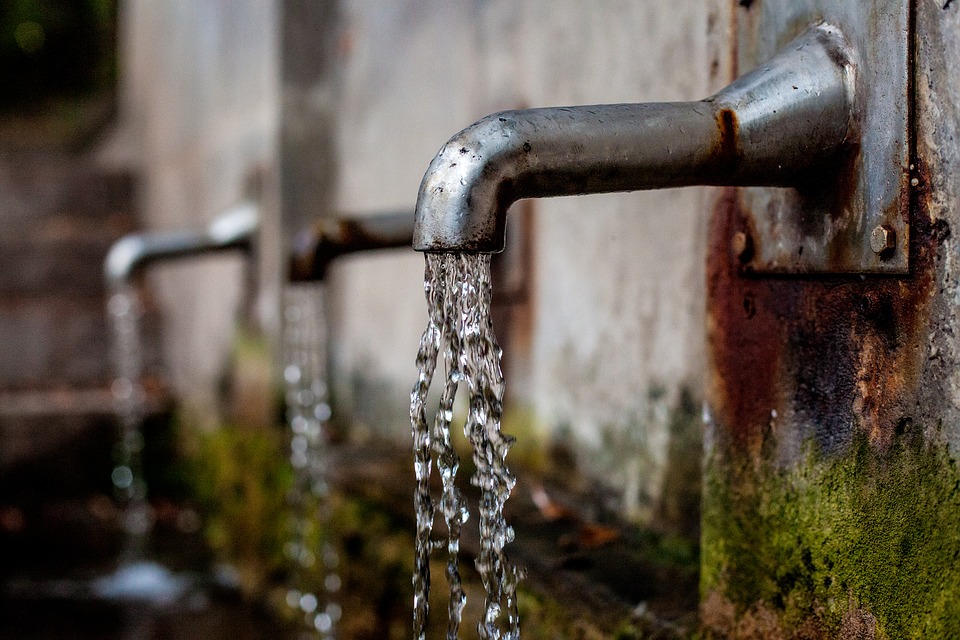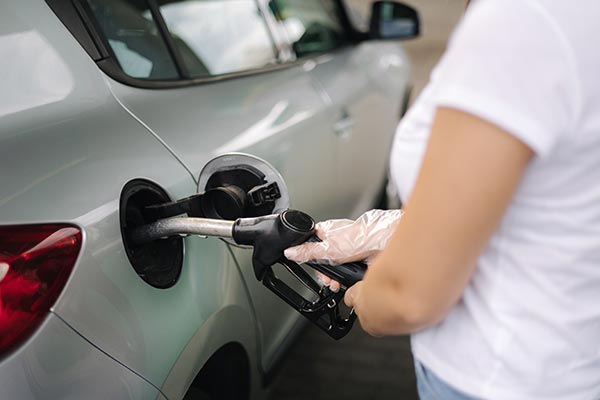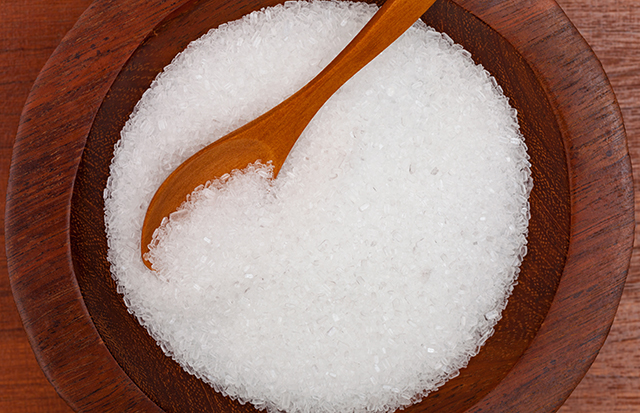How to find water in the city after a collapse
03/20/2017 / By JD Heyes

Many social and political scientists have said they’ve never seen our country as divided as it is now, at least not in their lifetimes. A good number of them even worry that someday soon, some event – a protest, a riot, a murder of a top figure – will trigger a series of events that will leave many of our urban centers in utter chaos and ruin.
Some financial experts think the end times will come as a result of a major economic collapse which, given our national debt of around $20 trillion, is entirely possible.
Either way, one commodity that will be in short supply, and very quickly, is water. Most people are aware that water is the key to life, but they don’t understand just how quickly the human body perishes without water. On average, a person dies after only three days without water – 72 hours. We can go a longer time without food, but not without water. (RELATED: Know And Understand These Water Survival Myths So You Can Better Protect Your Family.)
As noted by Business Insider, some people could survive three full weeks without food (Ghandi did it – 21 days). But because our bodies are about 65 percent water and every living cell needs it to function, it’s much more vital.
“You can go 100 hours without drinking at an average temperature outdoors,” Claude Piantadosi of Duke University told NBC News. “If it’s cooler, you can go a little longer. If you are exposed to direct sunlight, it’s less.”
Many Americans who live in rural areas have water on their property – a well. But for city dwellers, where most of the population lives, that’s not an option. So, in an urban collapse scenario, where would you find a regular supply of potable water?
— Your own stash: A good rule of thumb is to always have a supply of emergency rations and water at your own home or apartment. A stash may just get you by long enough for water service to be restored if it is interrupted by civil strife. How much should you stash? Considering that under normal circumstances we consume about a half-gallon per day, you can take it from there. If you have little storage space, that will also influence how big your stash can be. To make your water last longer, buy store-able foods that don’t need water to reconstitute, like military MREs.
Tip: Keep water in your car, too, so that you have some if you have to get out of the area quickly.
— Water-containing devices: If the water in your dwelling shuts off, that doesn’t necessarily mean all water to your city is off. Maybe all you need to do is travel a few blocks in any direction to find a building with a working sink.
If sinks don’t work, for the first few weeks anyway, you may be able to find water in toilets or water heaters in abandoned homes and businesses. Office buildings very often have bottled water coolers, and that water may remain fresher longer.
Tip: No matter where you find water, after a few days it is liable to begin attracting or growing bacteria or otherwise become fetid. Make sure you have a way to boil your water, no matter where you find it. You can also cleanse it with bleach, but that takes some figuring; review this procedure well in advance before relying on it. Too much bleach ingestion will make you sick; too little won’t properly cleanse your water and make you sick. Boiling is the best way; boiling for just a few minutes is all you need.
— Water all around: In many cities there are parks with lakes and other bodies of water running through them, like rivers and streams. These, of course, will become decent sources of water. But again, you’ll have to have some way of cleaning the water; you can either boil it, or purchase a decent water filtration system. Whatever you do, you don’t want to get sick; you can dehydrate quickly and die from diarrhea very quickly.
Tip: Get a map of your city and find out if or where potential sources of water are located. Take time to go there so you know how to find those sources in an emergency.
— Gather things that hold water: Anything like an empty soda bottle with a lid or similar product can be gathered and used to hold water when you do find some. If you’ve got your own bottled water stash, you’ve already got a built-in replenishment system, of course.
A little planning now before a major emergency in the city will go a long way towards ensuring you have a water supply to help you survive. Learn more at NaturalNews.com.
J.D. Heyes is a senior writer for NaturalNews.com and NewsTarget.com, as well as editor of The National Sentinel.
Sources:
Submit a correction >>
Tagged Under:
bugout, purify, social chaos, urban collapse, water
This article may contain statements that reflect the opinion of the author
RECENT NEWS & ARTICLES
COPYRIGHT © 2017 PREPAREDNESS NEWS





















